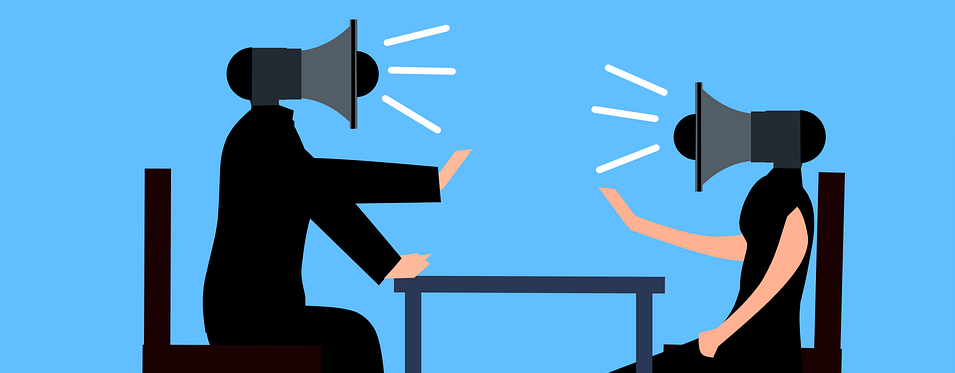What is agonality?
In discourse linguistics, agonality refers to “the controversial negotiation of knowledge with linguistic means.” (Mattfeld 2020)
The thematic focus of the summer school is highly relevant given the increasing polarization seen in political discourse worldwide. This polarization has led to a situation in which the very possibility of agonal discourse is being questioned, with opposing viewpoints often being construed as threats rather than as essential components of democratic debate. Following Chantal Mouffe’s definition of ‘agonistic pluralism’, conflict is a central factor in a functioning democracy as long as there is a common democratic framework: Even when opponents disagree, they accept the legitimacy of their opponents and act within a shared commitment to the ethico-political principles of liberal democracy – freedom and equality. However, it seems that the current polarisation of democratic societies does not make it easy to transform destructive antagonism into productive agonism. This suppression of pluralistic agonism threatens the foundations of democratic societies, as it stifles open dialogue and encourages political imposition rather than democratic negotiation.
This summer school aims to address the complex dynamics at play in contemporary discourse by taking an interdisciplinary perspective on the question of how conflict and agonality can be constructive forces in maintaining a healthy democratic discourse. We bring together researchers from fields such as linguistics, sociology, history, law, and philosophy, who have all worked extensively on discourse dynamics in political and societal conflicts. This theme is particularly pertinent at a time when societies are grappling with how to balance free speech, tolerance, and political correctness, and when there is a growing need for strategies that can sustain open, pluralistic dialogue amidst competing political narratives.
Topics of the summer school
The event will explore the dynamics of agonality and polarization in socio-political discourse, bringing together perspectives from linguistics, sociology, history, ethnography, law, and humanities. It will examine key topics such as:
- The balance between political correctness and open discourse.
- The role of conflict and agonality in shaping democratic debate.
- The tolerance paradox and how it relates to defending open societies.
- Censorship and its impact on discourse during crises.
- Strategies for promoting constructive dialogue in polarized environments.
Participants will be introduced to tools and methodologies to analyze debates and discourse across different fields, offering insights into democratic dialogue, polarization, and the impact of socio-political crises on freedom of speech and conflict.
